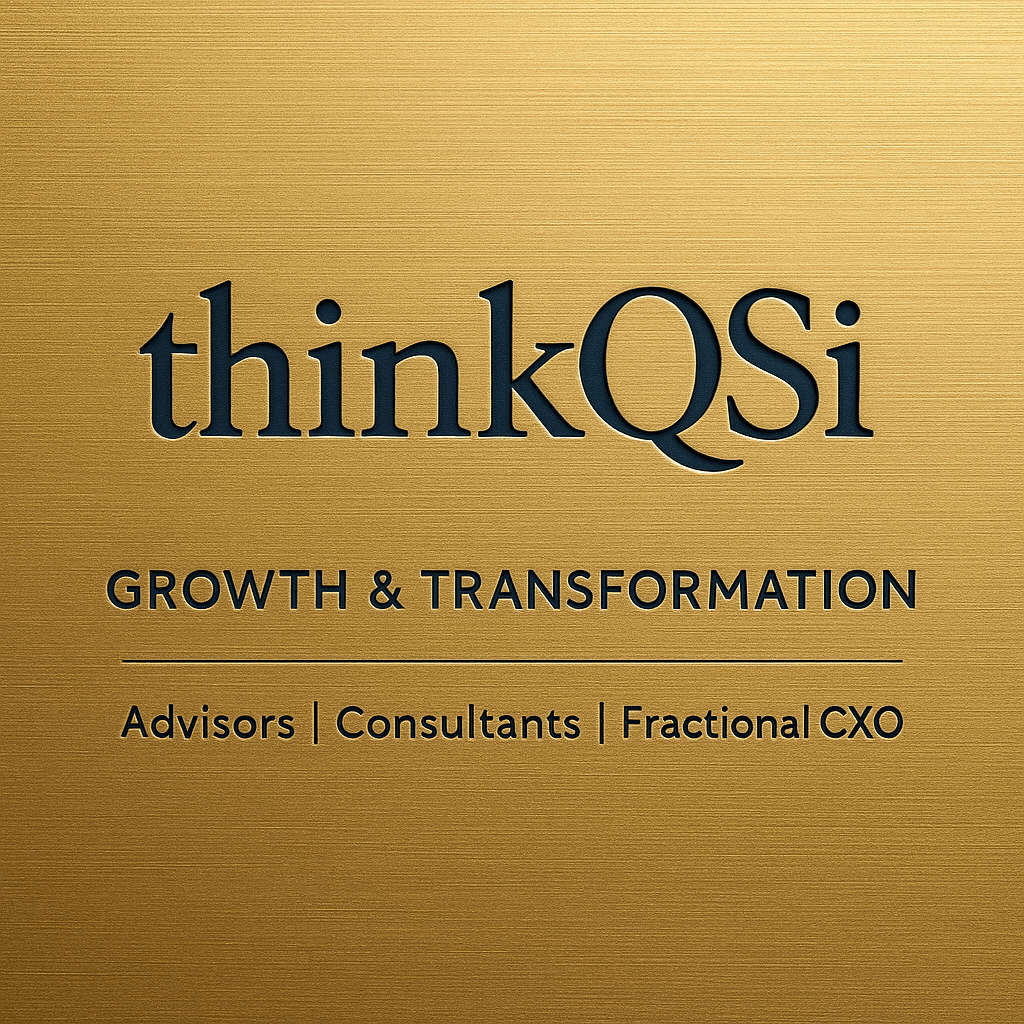The Overlooked Power of Culture in Organizational Transformation
Introduction to Organizational Transformation
Organizational transformation is often seen through the lens of strategy, technology, and processes. While these components are undeniably crucial, the role of culture is frequently underestimated. Culture is the invisible force that can significantly bolster or hinder transformation efforts.

In any organization, culture shapes the environment in which employees operate. It influences behavior, decision-making, and how challenges are addressed. When aligning transformation goals with cultural values, organizations can create a more supportive and cohesive environment for change.
The Role of Culture in Driving Change
Cultural elements like shared beliefs, values, and practices contribute to how employees perceive transformation initiatives. A strong, positive culture can energize teams, encouraging them to embrace change rather than resist it. Conversely, if the culture is not aligned with transformation goals, it can become a barrier to progress.
To effectively harness culture in organizational change, leaders must first understand the existing cultural landscape. This involves identifying core values and unwritten rules that govern organizational behavior. Once these are recognized, leaders can work to align cultural elements with strategic objectives.

Strategies for Aligning Culture with Transformation
Aligning culture with transformation efforts requires deliberate strategies. Here are a few approaches to consider:
- Leadership Engagement: Leaders must model behaviors that reflect organizational values and transformation goals.
- Communication: Open lines of communication help clarify the purpose of transformation and how it aligns with cultural values.
- Recognition and Rewards: Reinforcing desired cultural behaviors through recognition and reward systems can drive engagement.
The Impact of Culture on Employee Engagement
An organization's culture plays a pivotal role in employee engagement during transformation processes. When employees feel their cultural values are respected and aligned with the change, they are more likely to be engaged and committed to the transformation journey.

Engaged employees contribute significantly to achieving transformation goals. They are proactive, innovative, and willing to go the extra mile to support organizational objectives. Thus, nurturing a culture that promotes engagement is essential for successful transformation.
Case Studies: Culture-Driven Transformation Success
Several organizations have successfully leveraged culture to drive transformational success. For instance, companies that prioritize transparency and open dialogue often find it easier to implement changes as employees feel informed and involved in the process.
- Company A: By fostering a culture of innovation, they encouraged employees to contribute ideas, which led to successful product launches during their transformation.
- Company B: Emphasizing a culture of learning helped them upskill their workforce, making technological transitions smoother and more effective.
Conclusion: Embracing Culture for Transformation Success
The power of culture in organizational transformation should not be overlooked. By aligning cultural values with transformation initiatives, organizations can create a supportive environment that encourages change and innovation. Leaders must recognize the importance of culture as a strategic asset in driving successful transformations.
Ultimately, integrating culture into transformation strategies not only enhances the likelihood of success but also strengthens the organization as a whole, ensuring it is well-equipped to adapt and thrive in an ever-evolving business landscape.
---
Insights from Anwer Qureishi, Thought Leader & Entrepreneur
Ready to accelerate growth? Schedule a Consultation with Anwer Qureishi, Founder, Q&S International (ThinkQSi).
